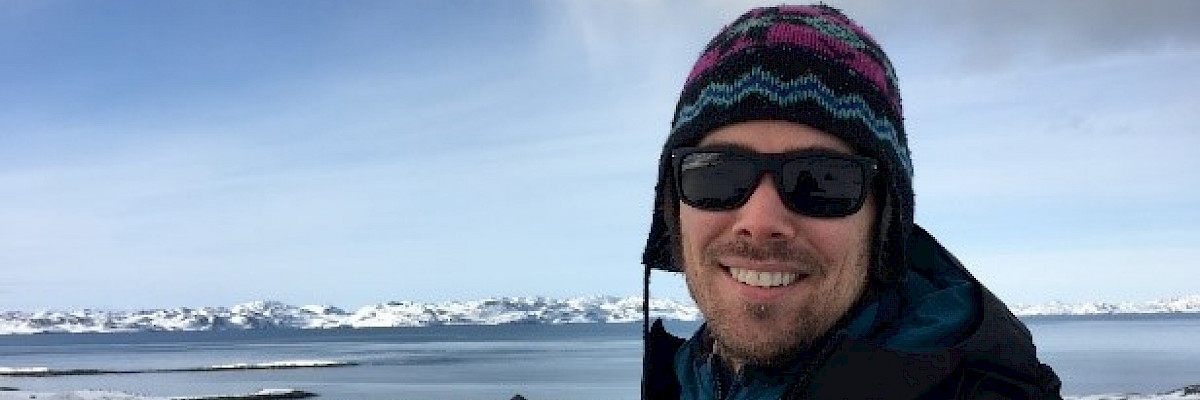
CAFF-IASC Fellowship focusing on Coastal biodiversity
2020-04-17
The Conservation of Arctic Flora and Fauna (CAFF) and the International Arctic Science Committee (IASC) welcome Dr. Nicholas Per Huffeldt as the 2020-2021 CAFF-IASC Fellow with CAFFs Circumpolar Biodiversity Monitoring Programme (CBMP). Dr. Huffeldt´s Fellowship will focus on working the CBMPs implementation of the Coastal Biodiversity Monitoring Plan – the first co-production of knowledge platform approved by the Arctic Council. Dr. Huffeldt will have the opportunity to attend and present this work at several events focusing on the science/policy interface including the CAFF Biennial meeting.
The CAFF-IASC Fellowship provides an opportunity for the Fellow to identify a joint area of interest and expertise, participate in, and contribute, to CAFF’s work, and produce at least one peer-reviewed publication and/or deliverable report to the Arctic Council Senior Arctic Officials. The selection process was organized in cooperation with the Association of Polar Early Career Scientists (APECS), who managed the applications and coordinated the work of our independent, volunteer reviewers to evaluate and recommend the highest quality candidates. The final selection was made in consultation with CAFF and IASC.
Nicholas earned his PhD in Biology with emphasis in Ecology and Evolutionary Biology from Wake Forest University, USA in 2018. His dissertation research focused on the ecological significance and physiological underpinnings of biological rhythms in seabirds breeding under the continuous light of polar summer. Seabirds are keystone members of the marine coastal community because of their roles as top predators and vectors of nutrients between marine, coastal, and terrestrial environments. Nicholas strives to understand the role that seabirds play in shaping community dynamics and biodiversity in marine and coastal ecosystems via inter- and intra-specific interactions. He is currently working as a postdoctoral fellow at the Greenland Institute of Natural Resources to identify if the circadian clock is used by thick-billed murres (Uria lomvia), an Arctic seabird, to track the diel cycle under the midnight sun and to what extent thick-billed murres’ rhythms are a cause or consequence of their marine environment. He brings a broad understanding of marine ecology and a unique perspective of biological rhythms to the Coastal Ecosystem Monitoring Group of the Circumpolar Biodiversity Monitoring Program.
CAFF and IASC welcome Dr. Huffeldt and thank APECS for helping to promote the Fellowship and secure the successful candidate.
For more information visit https://caff.is/coastal or contact Tom Barry (CAFF Executive Secretary) at tom@caff.is and/or Nicholas Per Huffeldt at nph@bios.au.dk
 Arctic Council Working Group
Arctic Council Working Group